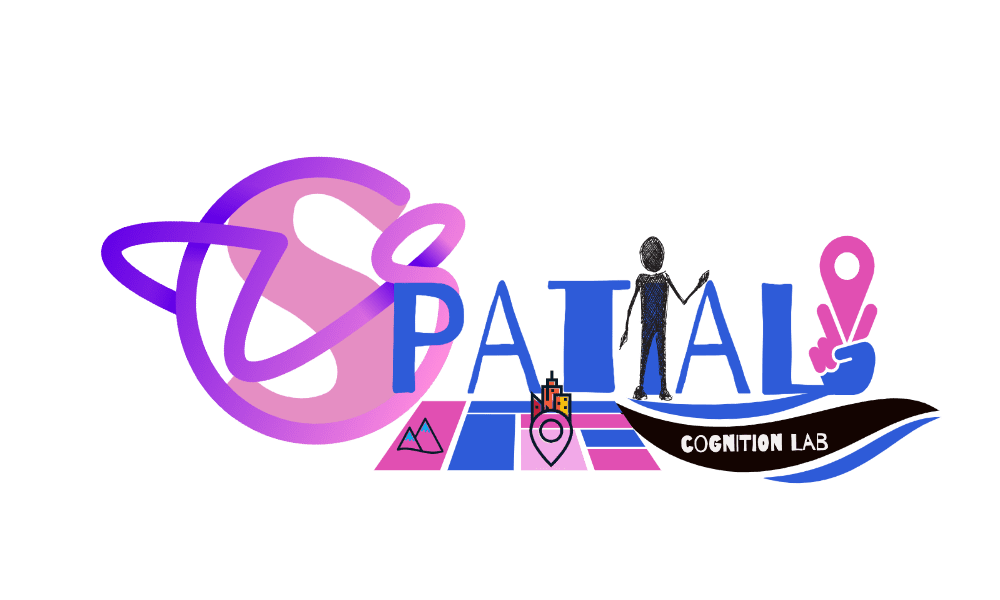It is now online the final published version of the Article “Exploring the relationship between perceived loneliness and subjective cognitive decline in older individuals.” by Anna Pecchinenda, Alla Yankouskaya, Maddalena Boccia, Laura Piccardi, Cecilia Guariglia, and Anna Maria Giannini published in Aging & Mental Health. In the present study we conducted a cluster analysis and 3 clusters of individuals with different profiles emerged. Individuals with greater subjective cognitive problems (cluster 1) in the attention and storage domains, reported higher perceived loneliness and stress but not depression. In contrast, individuals with the least subjective cognitive problems (cluster 3) in the storage domain, reported lower perceived loneliness. In conclusion, individuals with higher subjective cognitive decline also report higher levels of perceived loneliness but not more depression than their peers. However, this correlation is present only for individuals with mild subjective cognitive decline (cluster 2).

More from the Blog





